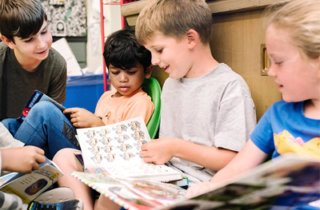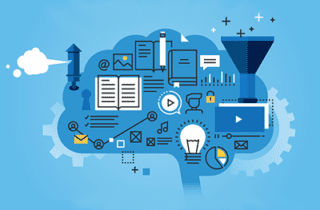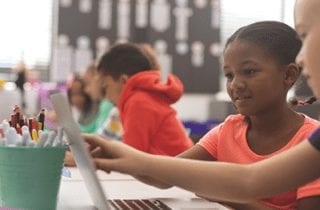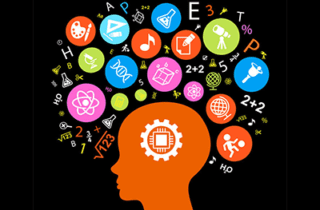Presented by Dr. Marisa Ramirez Stukey, Senior Director of Research and Engagement, Collaborative Classroom; Dr. Lenora Forsythe, Senior Manager of Educational Proposals and Pursuits, Collaborative Classroom; and Andreia Simon, Regional Director, Collaborative Classroom
Presented by Lorraine Martinez Hanley, Research Lead for Diversity, Equity & Belonging at The CTTL, and Director of Diversity, Equity & Belonging at St. Andrew’s Episcopal School (MD); and Eva Shultis, Associate Director of Research & Product Development at The CTTL, and Science Teacher at St. Andrew’s Episcopal School (MD)
Presented by Glenn Whitman, Executive Director, The Center for Transformative Teaching & Learning
The Science of Learning: A Research-Informed Strategy Approach to Learning Recovery and Acceleration
Presented by Glenn Whitman, Executive Director, The Center for Transformative Teaching & Learning
Presented by Dr. Katie Novak, President, Novak Educational Consulting; Lisa Bosio, Education Consultant, Novak Educational Consulting; and Nancy Weinstein, Founder and CEO, Mindprint Learning
The principles of learning have been around for centuries while only in the last 20 to 30 years has the science of learning been studied. According to Paul W. Ownby, Senior Product Manager at Learning.com, during a recent edWebinar, the science of learning focuses on how we learn and how we can maximize the retention and storage of information in our brains. By engaging all three areas of the brain, thinking (pre-frontal), sensing (sensory), and feeling (limbic system), thinking, creativity and identity skills are activated and maximum learning occurs. Leveraging the science of learning, classroom educators can design content activities that are efficient, engaging, model persistence, and reinforce student identity.
In this edWebinar, learn how leveraging aspects of the Science of Learning can improve the effectiveness of any curriculum—digital, or otherwise.







